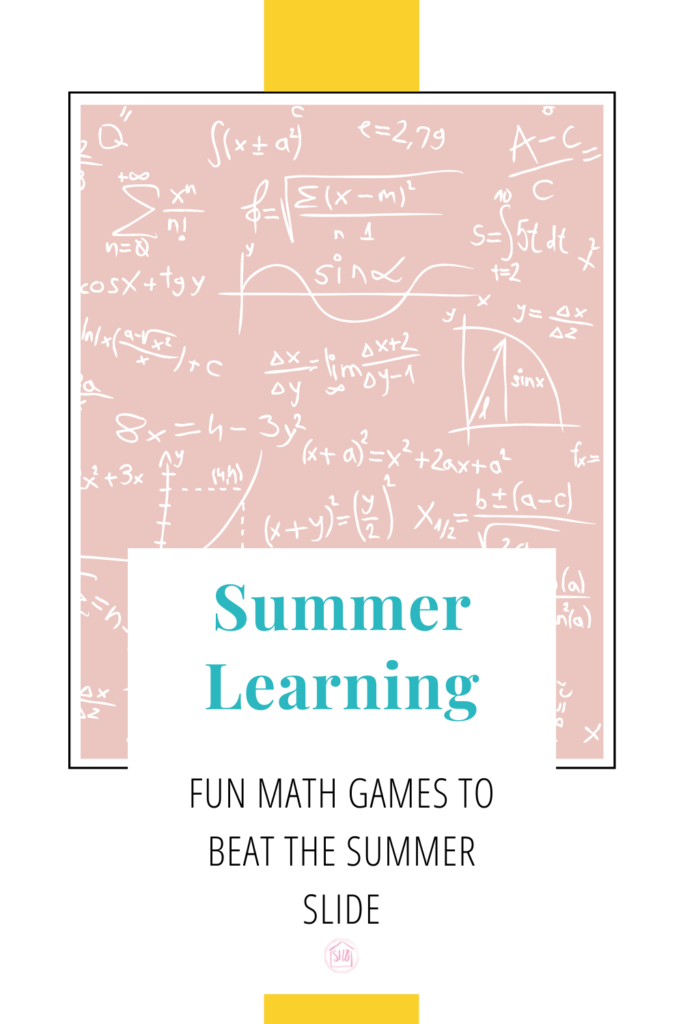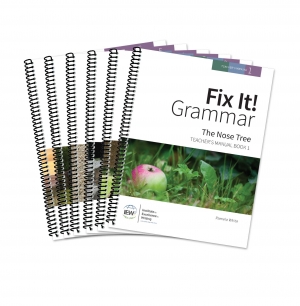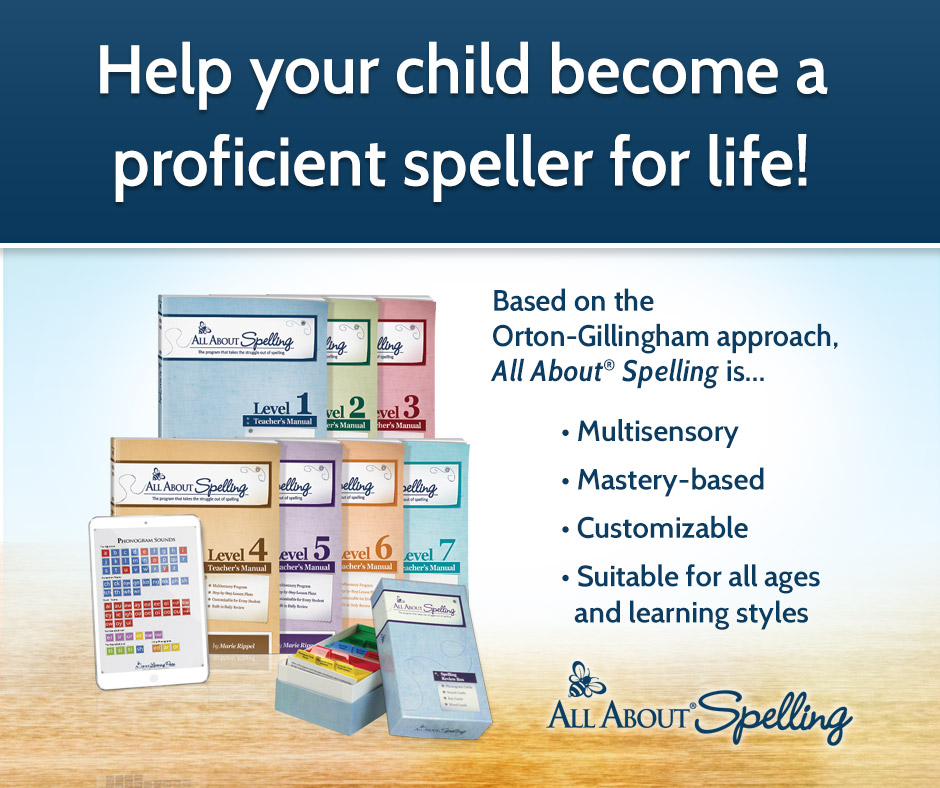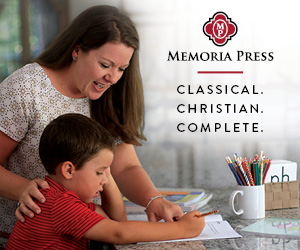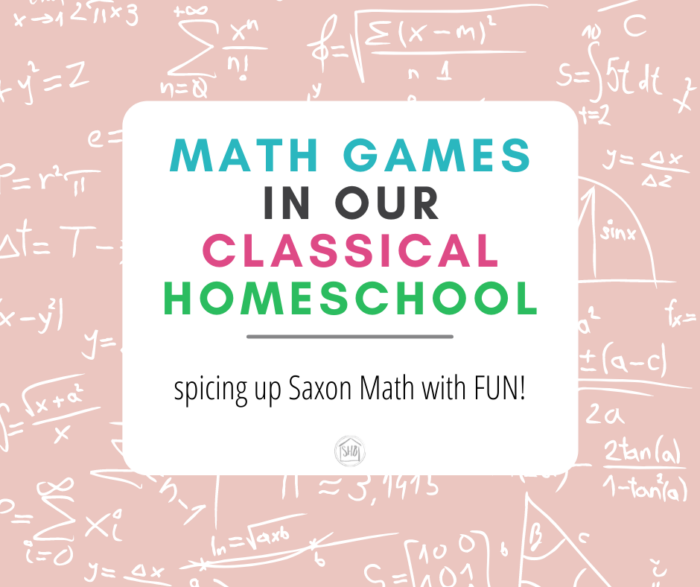
We may be in the small minority, but we are homeschoolers who think Saxon Math has some pretty exciting moments. Just yesterday, my daughter brought up something from another subject which was mentioned in the word problems. Excitedly she proclaimed, “Guess what Mama, they just mentioned Titania!” We know her from A Midsummer Night’s Dream!
Those of you who follow this blog for almost any length of time, know I am able to find excitement in almost the tiniest accomplishments or acknowledgements. It’s a gift. Ha!
Thankfully this enthusiastic streak has been passed down to the next generation. Thus we have kids who are excited to play math games at the end of a long math week. Shhh… don’t tell them – I have somehow convinced them it is a reward. Maybe it is because I think of it as one, too.
This post may include affiliate links. If you click and make a purchase based on my recommendation, I get a small remuneration at no extra expense to you. I only recommend things I use and believe to be a blessing.
I got a question from a reader a while back about math games we use to supplement. While there are a lot of options online, we don’t do screens as a general rule in our homeschool. They are a very special occurrence.
During our Summer Term in our homeschool, we work on finishing up our Saxon Math levels quickly so we can have fun with math. This year, my 5/4 student is set to finish her Saxon Math at least 2 weeks early, giving us the opportunity to play math games for 2 full weeks!
Throughout the year we also provide math games as an incentive for finishing math early or at the end of a long week. Playing math-related games is such an easy way to reconnect with my kids after a long slog through a rough homeschool week. Often we can bring delight and joy back in with the simple turn of a playing card or the roll of a die.
Classical Approach to Math & Games
Last summer I read three books on Classical education – The Core, The Case for Classical Christian Education and Teaching the Trivium. I paid special attention to the sections on Math and Logic.
I do not completely discount what the Bluedorns had to say in Teaching the Trivium, but I do not subscribe to the idea that students can jump directly into Saxon 6/5. However I do like their emphasis on learning math through everyday life and games. Both the Bluedorns’ Teaching the Trivium and The Core (also available on Scribd) emphasized the development of logic and math skills through playing games. Since I am not a math-minded person, I do not tend to look for opportunities to “teach math” in real life. However, because I have taught Saxon Math in the early years for a number of years now, I am developing a math sensibility which produces practical math questions throughout our days.
On the topic of math, Douglas Wilson, author of The Case for Classical Christian Education (also available on Scribd), had little specific to say. But I did enjoy his focus on modeling for kids. This quote made me think specifically of math learning and games:

The last bit of that quote is: “Then they are in a position to exercise true creativity, and what they do becomes worthy of imitation.” The idea here, applied to simple math learning, is: modeling leads to imitation, which leads the learner to understanding and onto true creativity.
The key to using math games to teach kids math is playing the games with them. Modeling math skills helps kids to see someone who can do it (probably faster than they can). And it helps parents to realize the difficulties and strengths kids have.
Our children become creative problem solvers by solving problems. Games offer simple problems – of logic and strategy – for kids to solve. As they progress in their game playing, they become better thinkers.
Ok, nerdy stuff aside, let’s get to the fun stuff – games!
Card Games
A simple deck of cards or sets of decks of cards are so valuable! Our favorite card games are found in some simple yet useful math books. I also included some links to specific games we love.
- Quick Flip Arithmetic is a simple book of card games to play with a deck of cards. It is available at Classical Conversations. The book includes games for each operation of math – addition, subtraction, etc. – good for any level of math learner.
- The Math You Can Play series by Denise Gaskins (also available on Scribd) is full of ideas for math games using playing cards! There are even books for higher level maths – multiplication and division, pre-algebra and geometry. We have found some of our favorites in these books!
- Help your Neighbor – a fun family game shared by my sister-in-law, Sarah, perfect for family game night! We use the double-sided round disks included in the Saxon Math manipulatives kit.
Dice Games
- Games included in the Math Facts That Stick series of books by Kate Snow
- Shut the Box – we have played a version of this using playing cards. However I love the layout of the wooden tiles for their tactile nature. There is something about the 3-demensional playing set-up which helps some learners engage their brains a bit more.
- Farkle – my husband loves this game and introduced it to me. It is a wonderful game for developing strategy and probability reasoning.
- Number Knockout – this is an Essentials Math favorite in our Classical Conversations community. We play it together for 10 minutes to see if we can knock out the whole board. Even adults love this game!
Board Games
Although we could have picked a number of games to share, I chose only ones we actually play and LOVE! Here again, I recommend playing with the student so they can see strategy modeled.
- Battleship – I picked up this classic board game for my oldest student when she started using coordinate planes in math. It is a great estimation and strategy game which reinforces the idea of a coordinate plane.
- Sequence – Although this is an incredibly easy game to learn, there is some strategy involved. My oldest two students love to play this game at the end of the school week. I am not sure I have ever won a round.
- Stratego – My husband has played this game with me exactly once. Thus, I had a long wait for another opponent. I love this strategy and logic capture the flag game.
- Rummikub – This is a multi-generational favorite in our family. We used to play for hours at my husband’s grandmother’s house. Now I love seeing the sparkle in my kids’ eyes when they have a “perfect move.” Strategy, sequences, pattern-making, pattern breaking – it is all here for sharpening a student’s skills.
One More Fun Math Resource
I am a big fan of Bethany over at Math Geek Mama. I recommend you subscribe to her site and have a look around her resource library. It is chock-full of games and resources to help reinforce and teach math.
Ok, just one more…
We also love to play Square Capture at the end of a quick math day. It is so much faster than pulling out an entire game board. Just grab the laminated sheet, a pair of dice and some wet erase markers and go! So fun!
